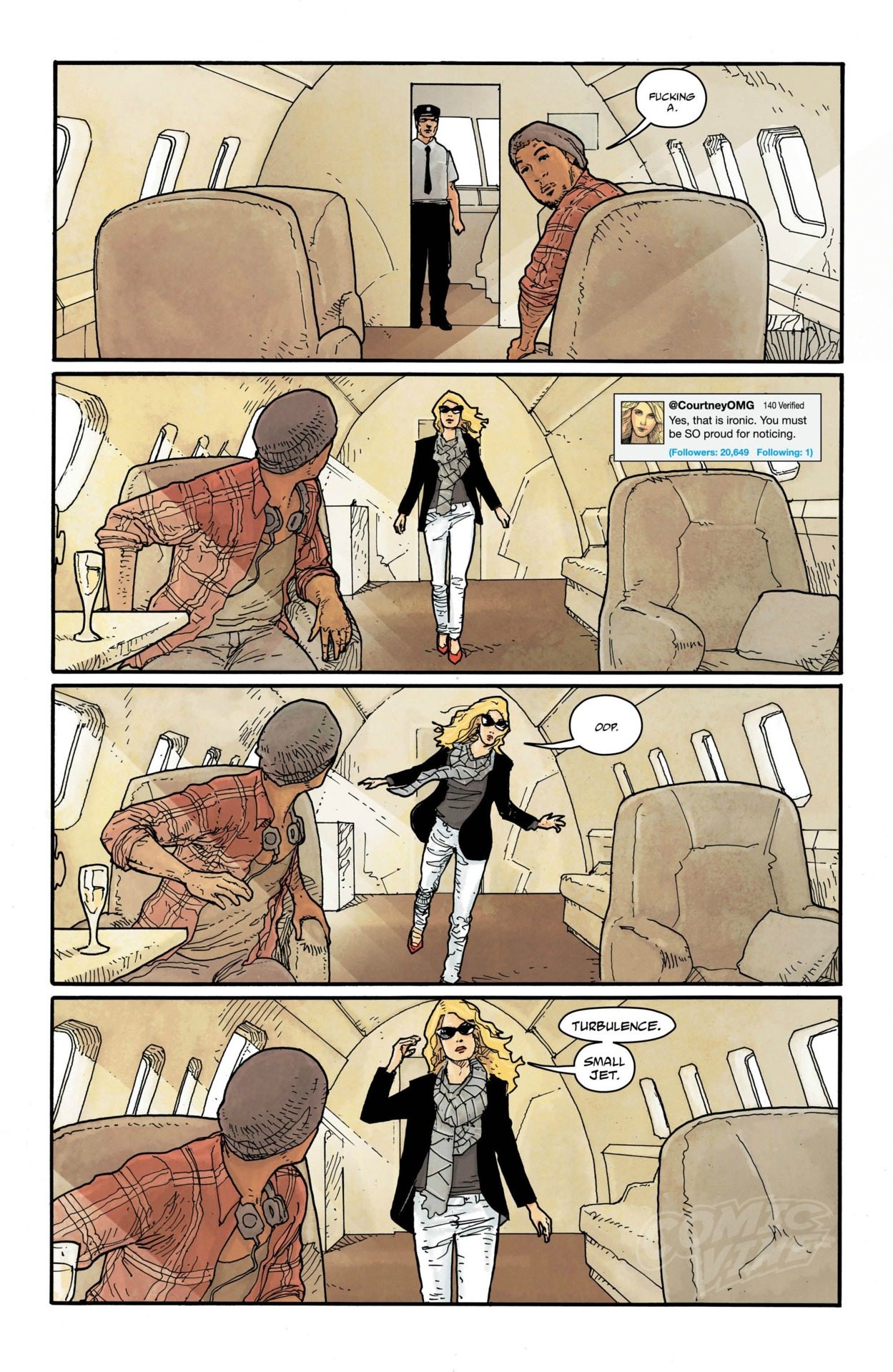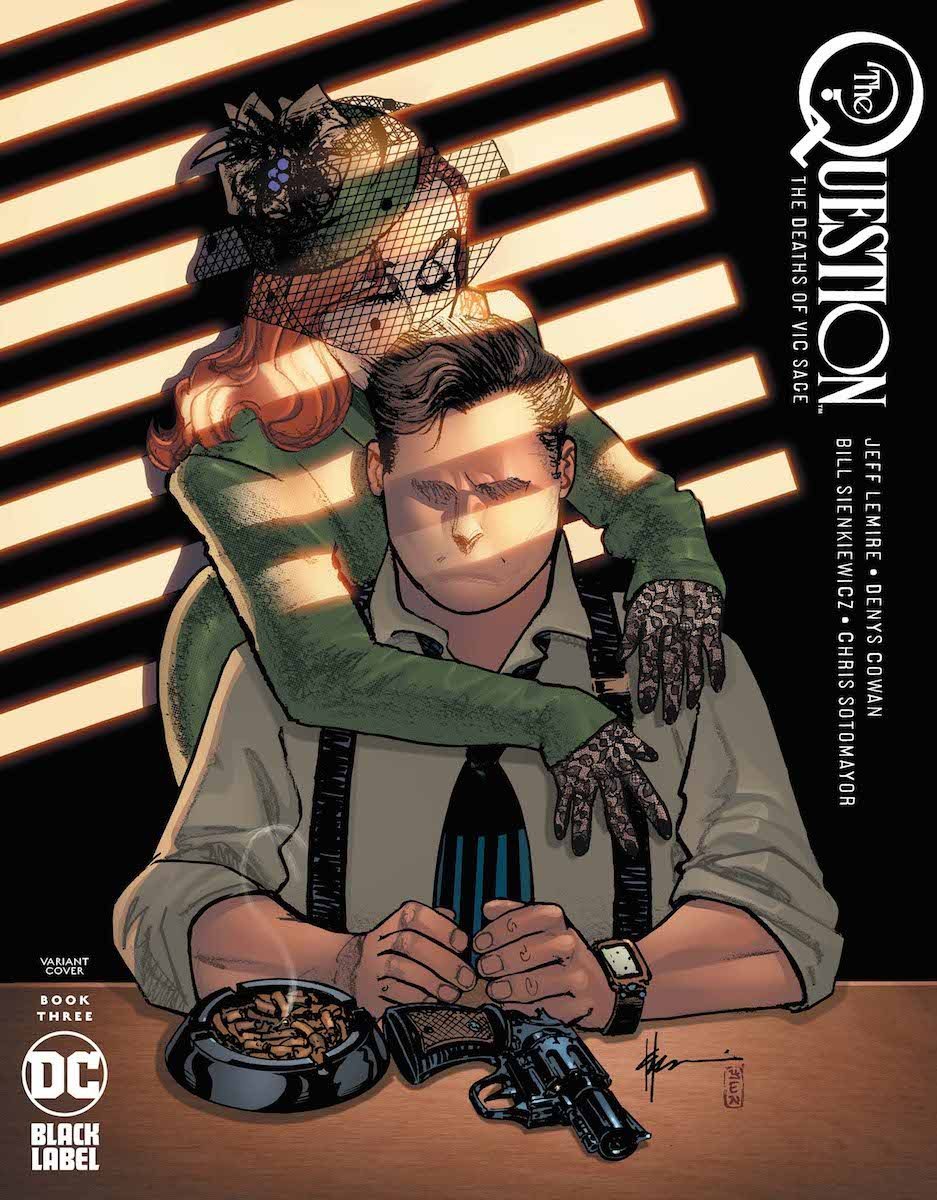
Corrina: It seemed appropriate to put in a separate review for what is one of comic’s most impressive single creations: Astro City.
The superhero universe was created and written by comics legend Kurt Busiek and mostly illustrated by Brent Anderson. The stories in the series look into the lives of the various heroes of the world but also the ordinary citizens sometimes affected by world-changing events, which is part of what makes it unique. Recent story arcs in this current run have centered on the denizens of a planet of galactic enemies, a young woman who is part of a worldwide emergency call center for superheroes, a villain trying to go straight, and a witch who works with the magical denizens of the city.
Ray: Astro City’s been a mainstay of the comic industry for over twenty years, first at Image Comics and later at Vertigo. A fully realized, original superhero universe with dozens of characters – both hero and civilian – it’s undoubtedly one of the greatest creator-owned comic achievements of the modern era.
Corrina: One short story, “The Nearness of You,” perfectly encapsulates what this series is about and remains one of my favorite short comics stories ever. In it, a young man is plagued by dreams of a woman who never existed. Or, rather, used to exist but doesn’t.


Ray: I only came into the series with the current Vertigo run, but in that time it’s zig-zagged around the decades and created an amazingly wide-reaching story. However, in all that time we never really got a good look at how it all began. And what better time than the hundredth issue (all incarnations and miniseries taken into consideration) than to go back to the beginning? This issue pulls the curtain back and shows us the man for whom Astro City was named.
Astro City #41 – Kurt Busiek, Writer; Brent Anderson, Artist; Pete Pantazis, Alex Sinclair, Colorists
Ray – 10/10
Corrina: A Worth Issue #100
Ray: Taking place in the 1930s, in the waning days of the Depression but before WW2, the story is set when Astro City was still Romeyn Falls and shines its focus on a young, idealistic councilman trying to keep the city afloat. Ther are no superheroes yet, only a few vigilantes who range from well-meaning but unstable to paid thugs of the local bosses. However, the closest thing the city has is Roy Virgil, an eccentric, wealthy aviator and developer who uses his experimental technology to save lives. Joseph Greenwald, the councilman, befriends him and convinces him to continue using its technology as their first superhero. As the trust between them increases, Roy shows Greenwald his secret – a portal to an airstrip in space from which he can explore the universe – and shares with him the secrets of his time in space, and the love he lost.
The Flash Gordon/Buck Rogers aesthetic of the story is perfect, and the two lead characters are among Astro City’s most engaging. However, the real world is lurking just outside, and when World War II hits, Roy goes from hero to traitor in many people’s eyes when he refuses to share his technology with the government. The explanation of exactly what haunts him is a fantastic twist that comes full circle with the end of the issue and one of Astro City’s most spectacular action sequences. However, as always, the brilliance of Astro City doesn’t lie in the explosions, but in the quiet moments between them. There’s an ambiguous note at the end that leaves unanswered questions about Astro City’s founder, and a hopeful note for the future of the city.
After 100 issues, Astro City still has what many series only a year or two in would kill for – a lot of unanswered questions and so much story left to tell.

Corrina: Like most of Astro City‘s stories, the 100th issue adopts the point of view of the non-hero, rather than the superhero. That’s what provides so much of the humanity in all of Busiek’s stories.
Joseph and Roy start off young, idealistic and full of plans for the future. But reality comes calling, in the compromises Joseph makes to become mayor, and in the decisions that Roy makes during his galactic adventures. Adventure and heroics aren’t all fun and games in Astro City. There is always a price to pay or, rather the consequences of actions chosen or paths not taken. Yet, in the end, the characters accept those consequences and tend to not lose hope in the future.
Ray talks about the twist as to why Roy refuses to use weapons of warfare to help save the city in World War II. It’s an eternal question as to whether one should do bad things to preserve the good things. It’s hard to maintain idealism after seeing theconsequencess of what bad choices can bring, especially since Roy is also nursing a broken heart.
“How does it make you feel and how strongly?” That’s a question we used to pose in my writing critique group. Astro City #41 makes me feel melanchology, and yet hopeful. Always hopeful. Always moving forward. That’s the joy of the series, right there.




